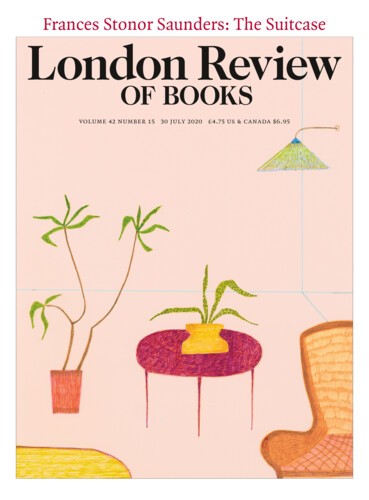for Richard Scott
All night preparing: the pelts oiled, blades whetted, the flanes
checked for truth and sharpness, set loose enough
there in the quiver, before the dawn, before the Becoming.
To hunt the stag with honour, Father said, you must
change your shape and nature: assume his form.
Latching on the headpiece, the skullcap with its horns,
I walked soft into the morning, alert, changed:
no longer man but hart, red deer, fiadh, stag.
We’d followed the herd through Làirig Ruadh
where the pass ravined down to Rankil Burn, nosing the deer
deep into the hard cleuch they could never resolve.
The king and his hounds were behind me when the lead buck
turned and roared, clattering forward
up through the rocks, plunging toward the royal colours,
and I stretched out
and took hold of his horns, wrestling him down
on one shoulder, antler to antler.
Waving the royal party to cover, I let the beast go –
off, far beyond the gorge to the high ground
where I struck him fairly,
my arrow singing to the wound.
When I reached him, he could not quite break breath, just
dropped his head, as if in consent.
And I watched as he changed from a god to a human
and back to a deer, ready to be remade.
After stooping him through with my dirk, they blew the mort
for the time of the Breaking.
I opened him, throat to tail, right hoof to left, using bread
to mop the blood, which went in a pocket I’d made in his hide;
cut through the shoulders, sheaved the flesh from the breast;
released the offal, the inmeat, redding it clean in the burn
and then sliving it up in gobbets with the bread in the skin-pouch
till it was all just a guddle: a thick, pink porridge.
Not a crumb of bread or a drop of blood must be lost.
After the debowailling, the fleshing. He smelt
strong and creeshie, this one,
and the dogs drew in hard and were held back
as I unhedded him, and jointed him – shank, shoulder, haunch –
then finally returned him to his hide, all reassembled, sewn up,
before I lifted his head, with its crown of horns, and set it home.
He would be carried back like that, on a hurdle.
Acorné, sanglant, fracted.
The dogs’ reward was the packet of paunch and bloody bread;
the priest and the judge would get the shoulders,
the poor the neck and ribs, the king the rest.
Someone would place the tongue of the deer
on the tongue of the celebrant.
The chine, with its tenderloin meat, was mine.
The king gave me this land after that, in thanks for his life.
But I went searching for bigger beasts, the sixteen-pointers,
tracking further into the mountains, the bog and heather mureland,
till I was forwandered, lost. The deer had gone.
After long in this wilderness, wasting and delirious, head birling,
a girl appeared from nowhere, gesturing me to follow,
and she seemed to swing with that grace I’d forgotten, her feet
leaving slots in the soft ground behind.
Hidden in a belt of trees, her people were gathered,
and I pointed to my mouth and gut and they showed me the burn
that flowed outby, brought me moss and leaves to eat
– the sweetmeats of angels – then, tired to the bone, I slept.
Croaks and bleats. What are the names of my children? My wife?
My own name? I am running now, running with the deer, moving
with them over the hills like cloud-shadows, or fleet-water.
And now I’m awake, and running again. Trying to remember home.
One day I came upon the road to my village. The village was gone.
The stone walls overthrown and blackened, open to the sky,
the grass mound at the end
where they played, where the women dried the washing,
now a sea of crosses.
A man came out of the trees, looking just like Finlay,
but old and doddery, and staring hard.
He said the reivers had come and burnt it all. Gone.
He thought I’d died here too.
‘Don’t you see?’ I said, ‘I joined them.
For a week there I was living with the deer.’
‘Longer than that, old friend.
You’ve been gone these twenty years.’
‘Ah,’ I nodded, ‘All gone then. Gone for good,’
stealing a glance at hock and fetlock,
my hard, bright, pretty hooves.
Send Letters To:
The Editor
London Review of Books,
28 Little Russell Street
London, WC1A 2HN
letters@lrb.co.uk
Please include name, address, and a telephone number.

